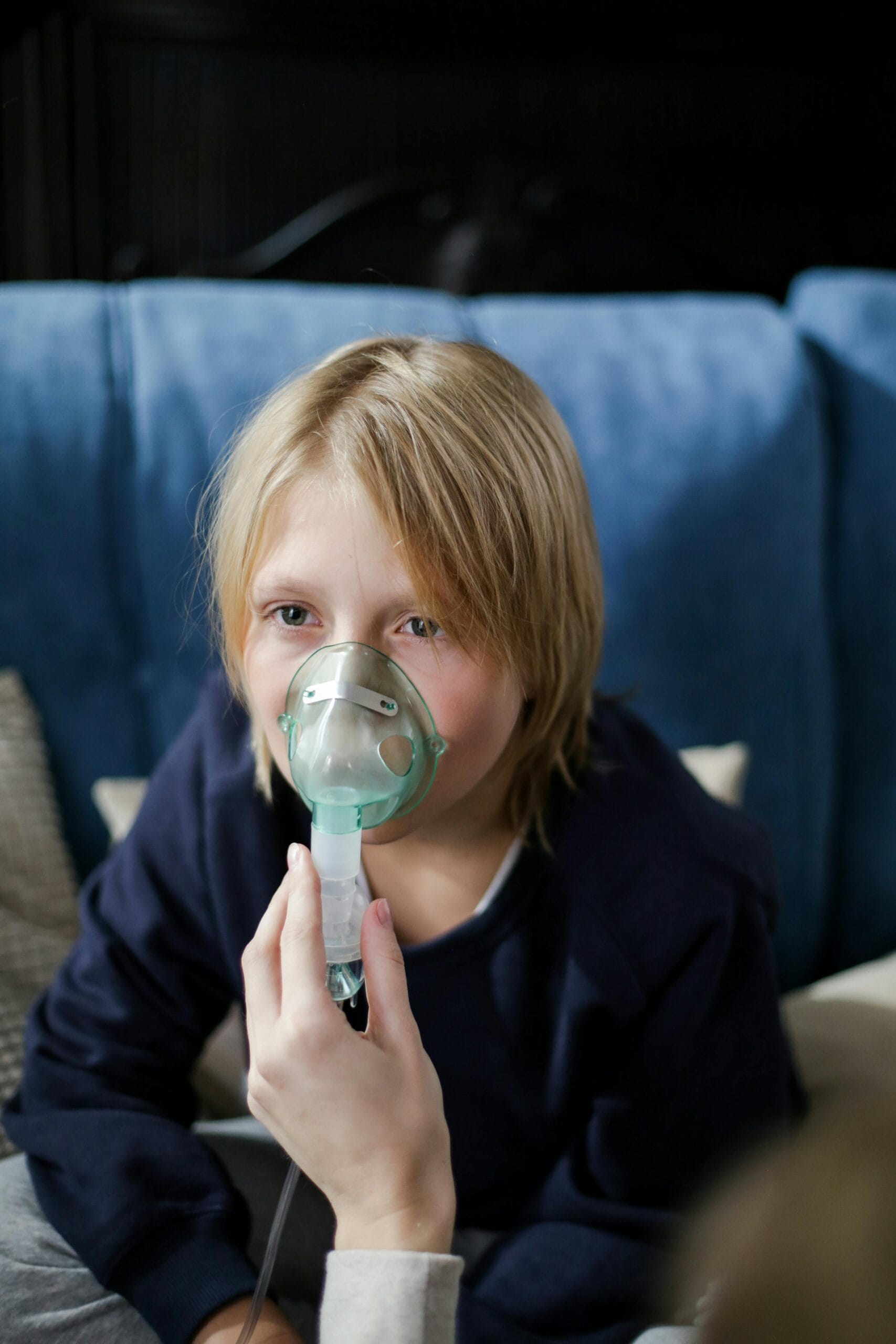Laughter The Ultimate Stress Buster, In today’s fast-paced world, stress has become a constant companion for many people. Whether it’s from work, personal responsibilities, or the pressure to succeed, stress can wreak havoc on our mental and physical health. However, two of the most natural and powerful remedies for stress are relaxation and laughter. In this article “Laughter: The Ultimate Stress Buster” will share some powerful techniques. Techniques are not just about feeling good in the moment—they offer profound benefits that extend far beyond immediate relief.Let’s explore how relaxing and laughing help reduce stress, backed by scientific evidence and real-life experiences.
The Science Behind Relaxation and Stress Reduction
Meet with the reality “Laughter: The Ultimate Stress Buster” and science behind that.
Relaxation is the process of calming the mind and body, often achieved through practices such as deep breathing, meditation, yoga, or simply taking a moment to unwind. When we are stressed, our bodies activate the “fight or flight” response, a survival mechanism that floods the body with stress hormones like cortisol and adrenaline. These hormones increase heart rate, blood pressure, and muscle tension, preparing the body for a perceived threat.
Laughter The Ultimate Stress Buster and Relaxation, however, triggers the opposite response. Known as the “relaxation response”, this physiological state helps to lower stress hormones, reduce heart rate, and promote a sense of calm. In essence, relaxation restores balance in the body and mind, countering the harmful effects of prolonged stress.
Laughter The Ultimate Stress Buster so Research has shown that practicing relaxation techniques, such as mindfulness meditation or progressive muscle relaxation, can reduce the body’s cortisol levels by as much as 30%. Regular relaxation also boosts mental clarity, improves emotional regulation, and strengthens the immune system, creating a more resilient you.
Laughter: The Ultimate Stress Buster
Laughter, often called “internal jogging,” is one of the most effective and enjoyable ways to combat stress. Laughter engages nearly every system in your body, from your respiratory system to your muscles. When you laugh, your brain releases a cocktail of endorphins, the body’s natural painkillers, which instantly elevate mood and create a sense of euphoria.
Parasympathetic Nervous System
Moreover, laughter lowers the levels of stress hormones, such as cortisol and adrenaline. It also triggers the parasympathetic nervous system, which is responsible for promoting rest and digestion. This switch from the stress-inducing fight-or-flight mode to a more relaxed state is one of the primary reasons laughter has such a profound effect on reducing stress.
Laughter also stimulates circulation and improves muscle relaxation, both of which can help reduce the physical symptoms of stress. In fact, studies suggest that even anticipating laughter—just knowing you’re about to laugh—can lower stress hormones significantly. This emotional preparation for joy can have long-lasting effects, making you feel more light-hearted and less burdened by the daily grind.
Emotional Connection: The Power of Relaxation and Laughter
Imagine this: after a long, exhausting day, you sit in your favorite chair, close your eyes, and take a deep breath. You feel your muscles relax, your heartbeat slows, and your mind stops racing. A wave of calm washes over you. Now picture this: you’re with friends, sharing funny stories, and the room fills with laughter. The stresses of the day fade away, replaced by the joy of connection and shared humor.
Both scenarios illustrate how powerful relaxation and laughter are in fostering an emotional reset. They remind us of the simple joys of life and give us space to breathe—literally and figuratively. When we relax, we give ourselves permission to step away from the pressure. When we laugh, we reconnect with our inner child, allowing us to let go of the weight of the world, if only for a few moments.
Why Relaxation and Laughter Work So Well Together
Relaxation and laughter are a dynamic duo when it comes to stress relief. Relaxation helps to lower stress levels by calming the mind and body, while laughter provides an instant boost of happiness, breaking through the layers of tension. Together, they form a potent combination that attacks stress from different angles, making it easier to cope with the pressures of life.
Laughter often leads to a more relaxed state, and vice versa. For example, after a good laugh, you might find it easier to meditate or focus on your breathing. Similarly, after a relaxation session, you might find that you laugh more easily and find humor in situations that once felt overwhelming. This cyclical relationship creates a positive feedback loop that continuously lowers stress levels and improves emotional well-being.

Diagrammatic Presentation
Below is a simple diagrammatic representation that explains how laughter and relaxation work together to reduce stress:
Stress —-> Cortisol Release —-> Tension —-> Relaxation —-> Lowers Cortisol —-> Relaxed Muscles —-> Laughter —-> Releases Endorphins —-> Improved Mood
Both relaxation and laughter influence multiple aspects of the stress response, from hormone regulation to mood enhancement, working synergistically to promote overall well-being.
Conclusion
Relaxation and laughter are more than just feel-good activities; they are essential tools for reducing stress and improving overall well-being. In a world where stress seems inevitable, we can take control by intentionally incorporating moments of calm and joy into our lives. Whether through deep breathing, meditation, or sharing a laugh with loved ones, these simple yet powerful practices have the potential to transform how we cope with stress. By regularly engaging in relaxation and laughter, we can build emotional resilience and experience life with greater ease, even in the face of challenges.
Best Practices for Incorporating Relaxation and Laughter into Daily Life
- Schedule Relaxation Time: Make relaxation a priority by scheduling it into your day. Whether it’s through meditation, listening to music, or simply taking a break from work, giving yourself time to unwind is essential for stress management.
- Seek Out Laughter: Surround yourself with things that make you laugh. Watch your favorite comedies, spend time with humorous friends, or read funny books. Laughter is contagious, and the more you experience it, the easier it becomes to laugh through the stresses of life.
- Mindfulness and Humor: Combine mindfulness with humor by staying present in the moment and finding light-heartedness in everyday situations. Often, humor can help us reframe challenges and see them from a more positive perspective.
- Laughter Yoga: This practice combines the physical benefits of laughter with the calming effects of yoga. It’s a great way to engage in both relaxation and laughter simultaneously, and it’s becoming increasingly popular worldwide.
FAQs About Relaxation, Laughter, and Stress Reduction
- How often should I practice relaxation techniques to reduce stress?
Practicing relaxation techniques daily, even for 10-15 minutes, can significantly reduce stress over time. Try incorporating breathing exercises, meditation, or gentle yoga into your routine.
- What if I don’t feel like laughing when I’m stressed?
Sometimes, the last thing we feel like doing is laughing when we’re stressed. However, even a forced laugh can trigger the release of endorphins. Watching a funny video or spending time with friends can help create a more natural environment for laughter.
- Is there scientific proof that laughter reduces stress?
Yes, numerous studies have shown that laughter lowers cortisol levels and triggers the release of endorphins. Regular laughter also improves immune function and reduces physical tension, making it a powerful tool for stress relief.
- Can relaxation and laughter improve sleep?
Absolutely. Both relaxation and laughter help lower stress hormones that can interfere with sleep. Engaging in these activities before bedtime can create a calm mental state, making it easier to fall asleep and enjoy restful, deep sleep.
Best References
- Benson, H. (2000). The relaxation response. HarperCollins Publishers.
- A classic book that introduced the concept of the “relaxation response” and its health benefits.
- Cousins, N. (2001). Anatomy of an illness: As perceived by the patient. W.W. Norton & Company.
- Fredrickson, B. L. (2013). Love 2.0: Creating happiness and health in moments of connection. Plume Books.
- Lefcourt, H. M., & Martin, R. A. (2012). Humor and life stress: Antidote to adversity. Springer Science & Business Media.
- This reference delves into the relationship between humor, laughter, and stress management, supported by research and practical insights.
